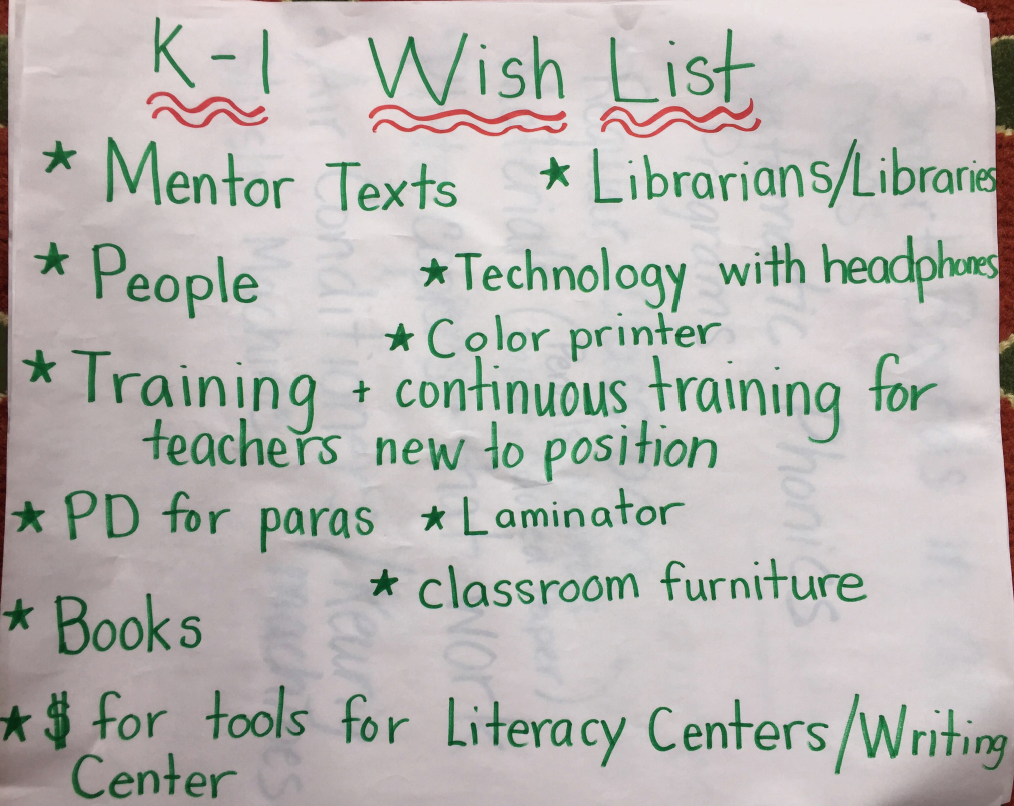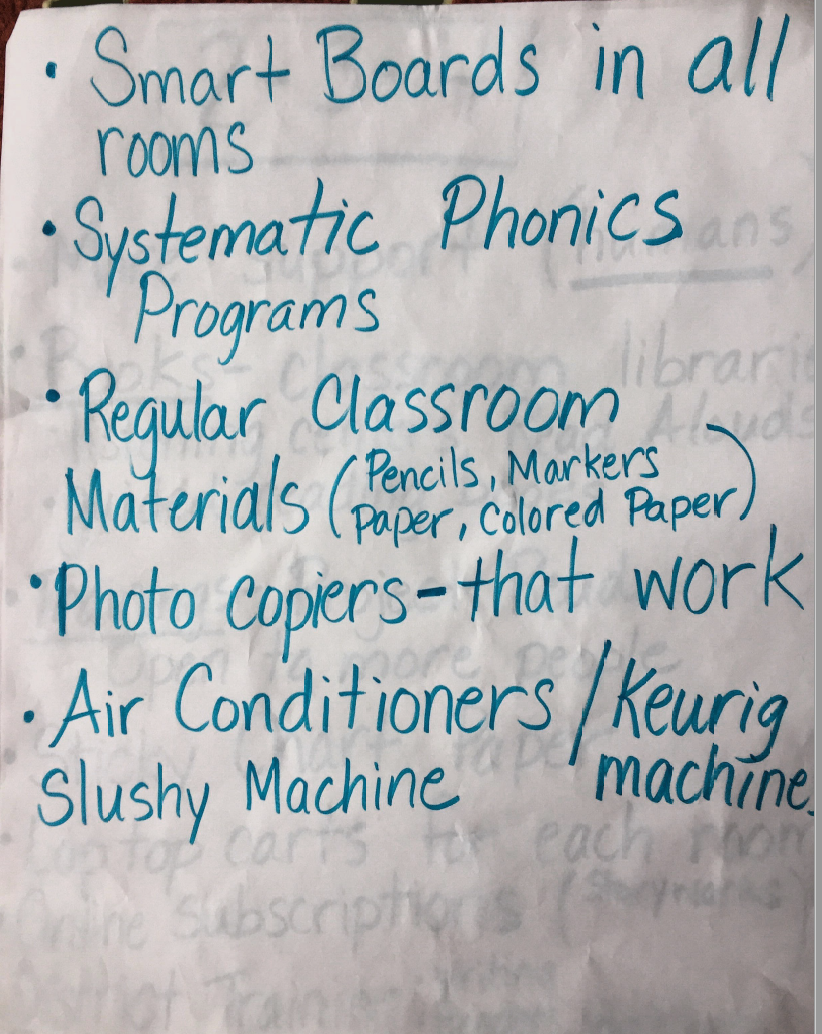First Days
Do you remember your first day of school?
I recently came across some photographs my mother took on our first day of school in Huron, Ohio. In one, a line-up of neighborhood children are waiting for the bus. Bus Zero – Bunky’s bus. How I can even recall those details so many years later is a testament to the pleasant memories I had growing up in a small town in northwestern Ohio.
In another photograph, the first day of third grade for me, I am sitting on a rock boarder near our garage. From that image came a flood of memories – the smell of stiff new leather shoes, a new metal lunchbox stylishly tartan plaid, hair pulled back into a tight pony tail, and of course the smell of air on a morning in September when summer fades toward fall.
Those warm and wonderful memories are juxtaposed with the reports from Mississippi detailing the aftermath of ICE raids on the first day of school. The children of workers rounded up by ICE went off to their first day of school with all of the anticipation that encapsulates a first day of school, but those young children returned home from their first day of school was not the stuff from which warm memories are created. It was nightmarish and cruel.
Those children arrived home to uncertainty and fear. Not knowing what has happened to your parent and the uncertainty of where you will stay or who will take care of you is a cruel brand of separation anxiety that is likely to scar these children for years. Acting DHS Secretary McAleenan may claim that the 680 workers were given an opportunity to use cellphones, make arrangements, released, whatever, but the reality is that did not always happen. Many questions linger including whether the cooperation – and timing of the raids – from the processing plants’ managers was retaliation for harassment charges.
In my opinion, if our immigration and naturalization policies and laws need to address new realities, have that discussion and revise accordingly. Instilling a sense of insecurity, anxiety, and fear because it is expedient to enact a round-up of immigrant parents is cruel, and without a doubt will result in irreparable harm to the children whose first day of school in Mississippi featured chaos and anxiety.
Massive round-ups of and raids on immigrant workers, many of whom seem to have been knowingly employed under suspicious circumstances, does not make this country “safer”. It makes our country heartless and without empathy and the collateral damage can be found in the fears of children.





 Budget season is going full tilt in Lowell and the outlook is definitely not very palatable.
Budget season is going full tilt in Lowell and the outlook is definitely not very palatable.







